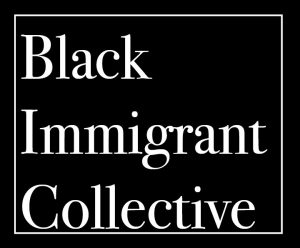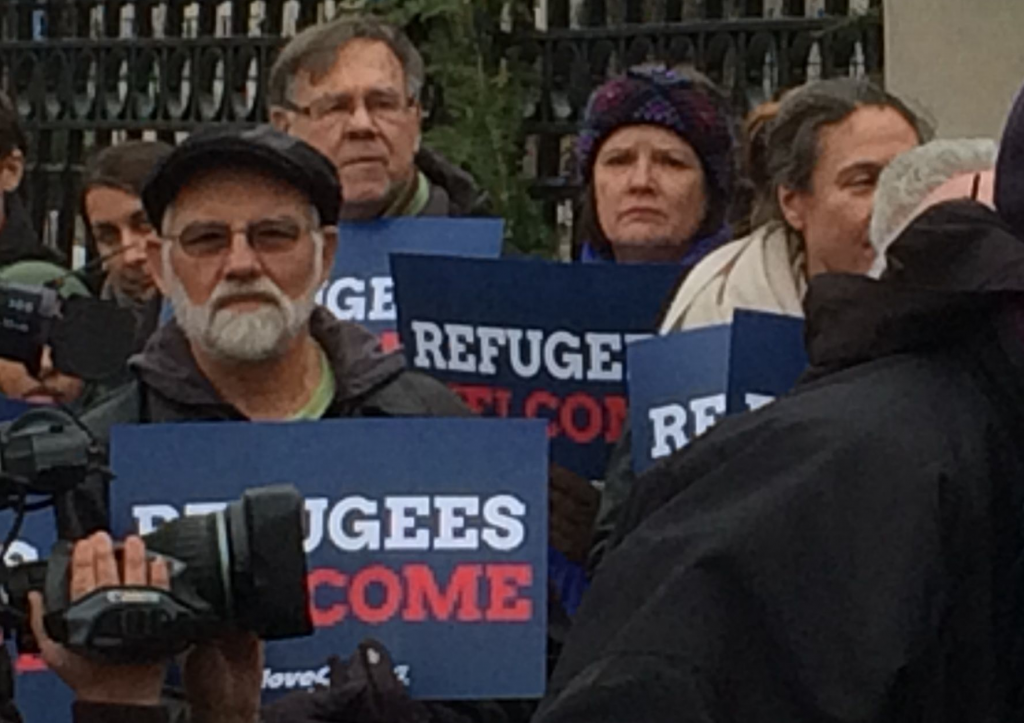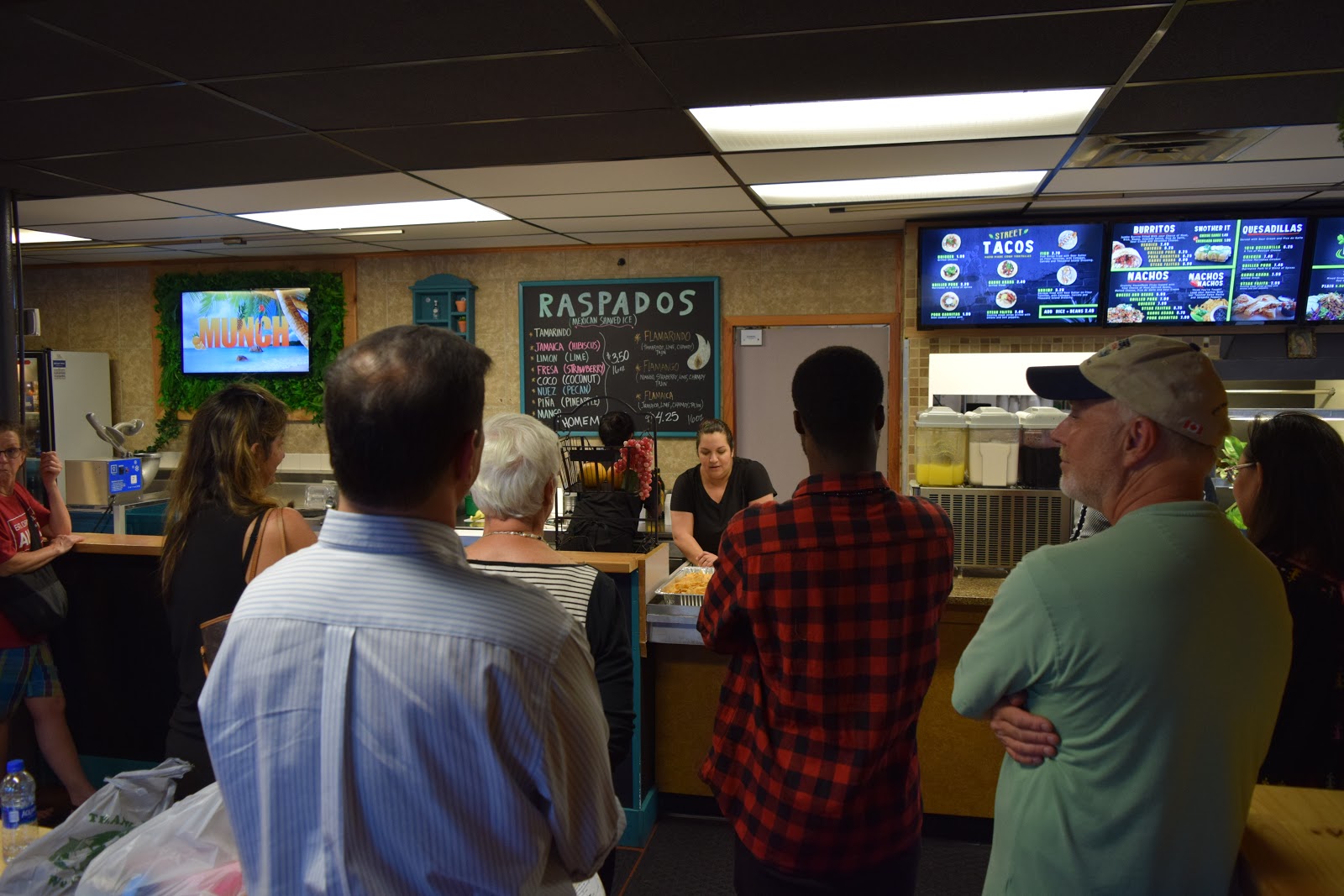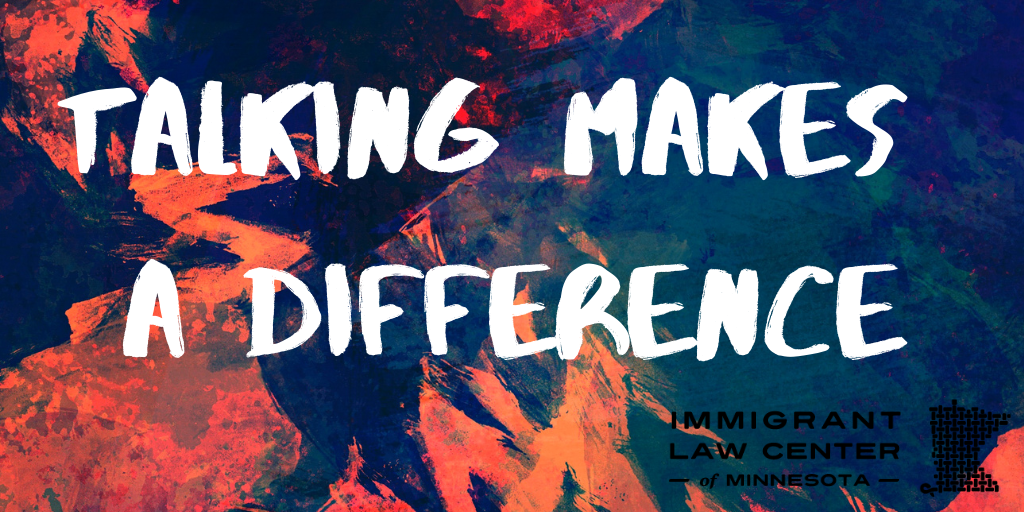UPDATE 12/31/2020: The filing period for certain Liberian nationals and certain family members to apply for adjustment of status under the Liberian Refugee Immigration Fairness (LRIF) provision has been extended from one year to two years. If you are applying to adjust status based on LRIF, you must properly file Form I-485, Application to Register Permanent Residence or Adjust Status, and USCIS must receive it by December 20, 2021, two years from the date of enactment of the National Defense Authorization Act of Fiscal Year 2020 (PDF).
For more information, see Sec. 901 of the Consolidated Appropriations Act, 2021 (PDF), Extension of Period for Adjustment of Status for Certain Liberian Nationals.
ILCM recommends that all Liberians who believe they are eligible for a green card under LRIFA to consult with a qualified attorney before submitting an application. ILCM is handling cases of Liberians in Minnesota who are eligible for our services. Please call our priority intake line, 651-641-1011, to schedule an appointment on Mondays, Tuesdays, and Wednesdays from 9-11 a.m. and 2-4 p.m. or Thursdays from 1-4 p.m.
Fact sheet from Black Immigrant Collective and The Advocates for Human Rights. Downloadable PDF of LRIFA Factsheet. This PDF is up to date as of 12/31/2019 and does not contain information on the 12/31/2020 extension.
Frequently Asked Questions
What is the Liberian Refugee Immigration Fairness Act?
The Liberian Refugee Immigration Fairness Act (LRIFA) is a special law that allows Liberian nationals who have lived in the United States since November 20, 2014 to apply for lawful permanent resident status (green card).
Who is eligible?
(a) Any Liberian national who has been continuously present in the United States during the period beginning November 20, 2014 and the date on which the application under LRIFA is filed or
(b) The spouse, child, or unmarried son or daughter of a person described in (a).
When can I file my application?
USCIS announced that it has begun accepting LRIFA applications as of December 26, 2019.
ALL APPLICATIONS MUST BE FILED WITHIN 2 YEARS OF THE DATE OF LRIFA’S ENACTMENT or by DECEMBER 20, 2021.
I was on Ebola TPS. Am I eligible?
Any Liberian who has been continuously present in the United States during the period beginning November 20, 2014 and the date you file your application is eligible.
I have DED or DACA or am on a valid non-immigrant visa (F-1, H-1B, etc.) right now. Am I eligible?
Any Liberian who has been continuously present in the United States during the period beginning November 20, 2014 and the date you file your application is eligible.
I’m not on DED now. I never had TPS. Am I eligible?
Any Liberian who has been continuously present in the United States during the period beginning November 20, 2014 and the date you file your application is eligible.
I have traveled outside the United States. Will I still be eligible?
Possibly. You must have been “continuously present” in the United States between November 20, 2014 and the date you apply under LRIFA. You have been “continuously present” even if you have made a few short trips outside the United States. If your trips add up to more than 180 days outside the United States you will not be eligible.
Can I travel now?
The LRIFA does not give you permission to come into the country. If you leave, you may not be able to return. Check with an immigration lawyer before leaving the United States.
I have a criminal history. Will I still be eligible?
Possibly, but you should check with an immigration lawyer before filing any papers.
You will not be eligible if you have been convicted of any aggravated felony or two or more crimes involving moral turpitude.
I took part in the Liberian civil war. Will I be eligible?
Possibly, but you should check with an immigration lawyer before filing any papers.
The LRIFA says that anyone who has ordered, incited, assisted, or otherwise participated in the persecution of any person on account of race, religion, nationality, membership in a particular social group, or political opinion is not eligible for a green card under the LRIFA.
I have a final order of deportation. What do I need to do?
The LIRFA is clear that DHS must establish a process to “stay” (stop) any LIRFA applicant’s removal order while the application is pending. That means that once you file your LIRFA application, you cannot be deported unless your LIRFA application is denied.
If you were ordered deported because your asylum application was denied, you overstayed your visa, you did not renew your DED or TPS, for other reasons besides a criminal conviction, you should be eligible under the LRIFA. You will not need to file a motion to reopen. If you were ordered deported because of a criminal conviction, you might not be eligible. Talk to an immigration lawyer before you file anything.
I am in detention with a final order of deportation. What should I do?
We do not expect ICE to attempt to deport people who are eligible for LIRFA. Liberians in detention who may be eligible for LIRFA should:
- Tell your detention officer that you intend to apply for LIRFA.
- Contact your immigration attorney to make a plan for filing the application as soon as possible. If you do not have an immigration attorney, contact the free legal service providers who work at your detention center or call 612-341-9845.
Make sure a trusted family member or friend knows where you are. They can check the ICE Online Detainee Locator with your full name and date of birth or A-number.
I do not have a work permit right now. Can I work under LRIFA?
Once you file your LRIFA application you will be able to apply for employment authorization. DHS may issue you a work permit right away. If your LRIFA application for adjustment of status is pending for a period exceeding 180 days and has not been denied, DHS must authorize employment.
How can I get ready to file my LRIFA application?
- Save money. You will need to pay the filing fee and a biometrics fee. At this time the fee is $1,225 for an adult, and the fees are scheduled to increase. You will also need an immigration medical exam, which may not be covered by insurance.
- Gather proof of continuous presence. You will need to show that you have been “continuously present” in the United States as of November 20, 2014. USCIS will provide more instructions about what you will need, but you will likely need copies of some documents like pay stubs, leases, or other records showing you were in the United States. If you traveled outside the United States, you will need to calculate the exact number of days you were outside the country.
- Make a list of your addresses and your employers from the last 5 years. The application form asks for this information.
- If you ever filed for asylum, get a copy of that application and have an immigration lawyer review it before you file.
Do I need a lawyer?
You should talk with an experienced immigration lawyer or BIA accredited representative if you have any questions about how to file your application or whether you are eligible for LRIFA adjustment. Every case is different, so do not rely on advice given to someone else – get your own answers!
Criminal convictions may affect your eligibility for LRIFA adjustment.
Talk to a lawyer before you file.
What you said in your asylum application may affect your eligibility for LRIFA adjustment. Talk to a lawyer before your file.
You can hire a lawyer to prepare and file your application and help respond to any questions from USCIS. You can also consult with a lawyer to answer questions. Different lawyers charge different fees. Ask about fees before you agree to have the lawyer represent you. Ask whether they charge a flat fee or charge by the hour. Ask about payment plan options. Always get a fee agreement (sometimes called a retainer agreement) in writing. Take time to review it before signing. You can find immigration lawyers at www.ailalawyer.com
Free legal services may be available if you have a low income. You can find free and low-cost legal services at www.immigrationlawhelp.org. Watch for community legal advice clinics near you.
*ILCM recommends that all Liberians who believe they are eligible for a green card under LRIFA to consult with a qualified attorney before submitting an application. ILCM is handling cases of Liberians in Minnesota who are eligible for our services. Please call our priority intake line, 651-641-1011, to schedule an appointment on Mondays, Tuesdays, and Wednesdays from 9-11 a.m. and 2-4 p.m. or Thursdays from 1-4 p.m.*
LRIFA Application Information
| https://www.uscis.gov/i-485
Special Instructions |
Adjustment of Status for Liberian Nationals and Certain Family Members
Sec. 7611. Liberian Refugee Immigration Fairness, pages 1112-1115 of the National Defense Authorization Act (PDF), allows eligible Liberian nationals and certain family members to adjust status. For more information about LRIF eligibility and evidentiary requirements, see the LRIF program page. On your Form I-485, in Part 2, you must choose “Other Eligibility” under Item Number 1.g. In the text box, write “LRIF” to indicate you are applying to adjust status based on Liberian Refugee Immigration Fairness. Note: You may file Form I-765, Application for Employment Authorization, with your Form I-485 or while it is pending. If you file Form I-765, write “(c)(9)” as your eligibility category for Part 2, Item Number 27 on your Form I-765.
|
|
Form version |
Applicants must complete Form I-485. Make sure to use the right version of the form. Go to https://www.uscis.gov/i-485 for the current application form. |
|
Form instructions |
Download form instructions at https://www.uscis.gov/i-485. Read the instructions carefully to find the list of required documents you need to include with your application. |
| Filing fee | Fees vary depending on your age. Check https://www.uscis.gov for current fees. |
| Filing location | |
| If you live in: Alabama, Arkansas, Connecticut, Delaware, District of Columbia, Florida, Georgia, Kentucky, Louisiana, Maine, Maryland, Massachusetts, Mississippi, New Hampshire, New Jersey, New Mexico, New York, North Carolina, Pennsylvania, Puerto Rico, Rhode Island, South Carolina, Oklahoma, Tennessee, Texas, Vermont, Virginia, U.S. Virgin Islands, or West Virginia, file at: | USCIS Dallas Lockbox
For U.S. Postal Service (USPS): USCIS PO Box 660867 Dallas, TX 75266 For FedEx, UPS, and DHL deliveries: USCIS Attn: NFB AOS 2501 S. State Hwy, 121 Business Suite 400 Lewisville, TX 75067 |
| If you live in: Alaska, Arizona, California, Colorado, Hawaii, Idaho, Illinois, Indiana, Iowa, Kansas, Michigan, Minnesota, Missouri, Montana, Nebraska, Nevada, North Dakota, Ohio, Oregon, South Dakota, Utah, Washington, Wisconsin, Wyoming, Guam or the Commonwealth of the Northern Mariana Islands, file at: | USCIS Phoenix Lockbox
For U.S. Postal Service (USPS): USCIS PO Box 21281 Phoenix, AZ 85036 For FedEx, UPS, and DHL deliveries: USCIS Attn: NFB AOS 1820 E. Skyharbor Circle S Suite 100 Phoenix, AZ 85034 |
Fact sheet from of Black Immigrant Collective and The Advocates for Human Rights.
















